India imposes port curbs on import of certain Bangladeshi goods as Yunus rakes up northeast again
Sun 18 May 2025, 00:37:50
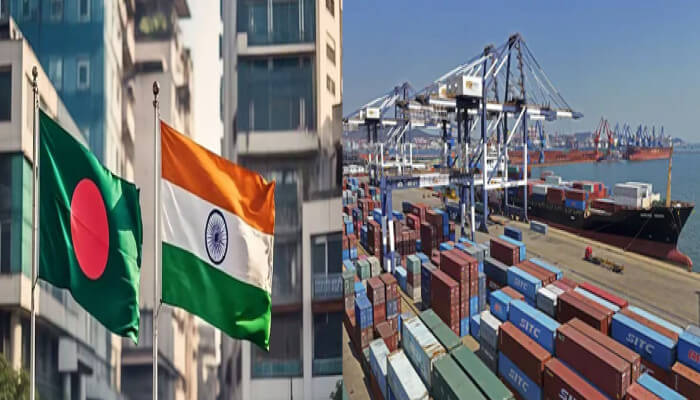
In a move likely to deepen the ongoing diplomatic rift, India on Saturday imposed fresh restrictions on Bangladeshi consumer goods, limiting their entry only through two designated seaports — Kolkata and Nhava Sheva. The decision effectively blocks the entry of Bangladeshi readymade garments (RMG) and several other items through the northeastern land transit points, significantly impacting trade flows between the two neighbours.
The new restrictions, issued through a notification by the Directorate General of Foreign Trade (DGFT), bar imports of not just RMG but also plastics, wooden furniture, carbonated beverages, processed food items, fruit-flavoured drinks, cotton, and cotton yarn waste through the land customs stations (LCS) and integrated check posts (ICPs) in Assam, Meghalaya, Tripura, and Mizoram, as well as Phulbari and Changrabandha in West Bengal.
The move comes barely five weeks after India ended a nearly five-year-old trans-shipment arrangement that had allowed Bangladeshi export cargo to move to third countries via Indian ports and airports — a step that had once symbolized deepening economic cooperation between the two South Asian
neighbours.
neighbours.
Government officials familiar with the development said the decision was driven by longstanding trade asymmetries and Bangladesh’s refusal to ease restrictions on Indian exports, particularly from the northeastern region. Indian authorities have accused Dhaka of denying entry to value-added goods from the Northeast and enforcing discriminatory port and transit charges that have hampered industrial growth in the region.
“There are 11 land transit points between India and Bangladesh in the Northeast. Despite India allowing Bangladeshi goods free access through these points for years, Bangladesh has consistently limited access for Indian products, especially yarn, processed goods, and rice,” an official said, requesting anonymity.
Bangladesh recently stopped yarn imports from India through land routes as of April 13 and further restricted rice imports through Hili and Benapole from April 15. Additionally, Indian exports reportedly face rigorous inspections at Bangladeshi ports.
Officials also cited “unreasonably high” and “economically unviable” transit charges imposed by Bangladesh as one of the key reasons behind India’s decision.
No Comments For This Post, Be first to write a Comment.
Most viewed from National
Most viewed from World
AIMIM News
Latest Urdu News
Most Viewed
May 26, 2020
Where should be the burial of the pilgrims martyred in the Saudi Arabia bus accident?
Latest Videos View All
Like Us
Home
About Us
Advertise With Us
All Polls
Epaper Archives
Privacy Policy
Contact Us
Download Etemaad App
© 2025 Etemaad Daily News, All Rights Reserved.



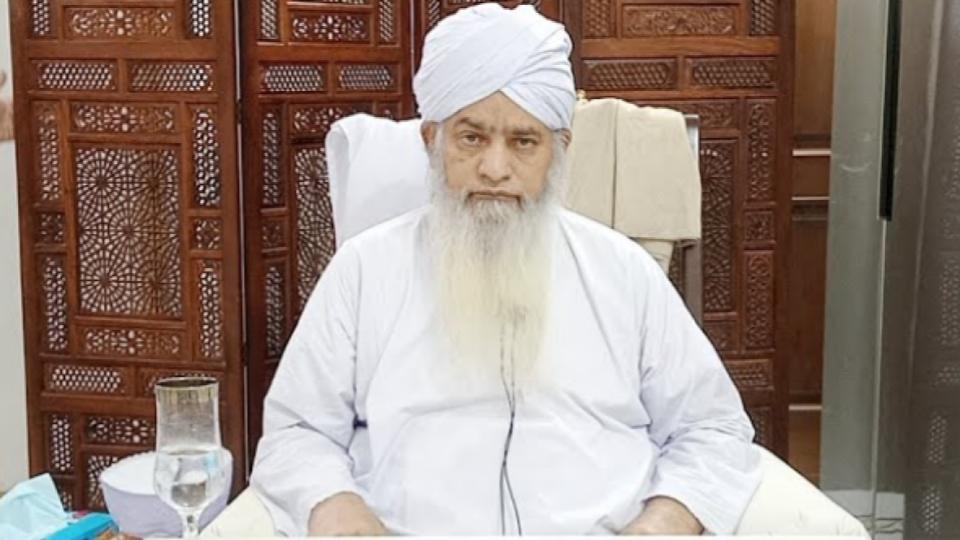
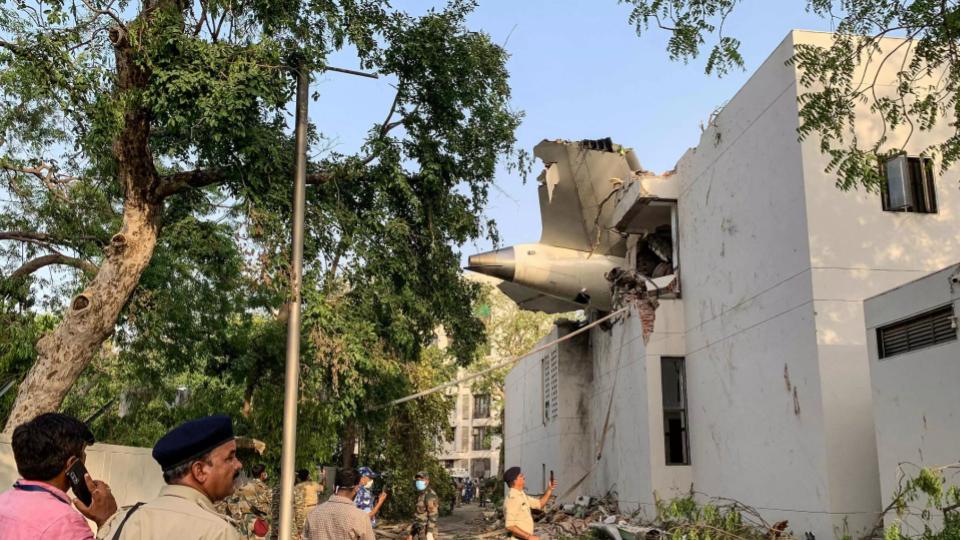


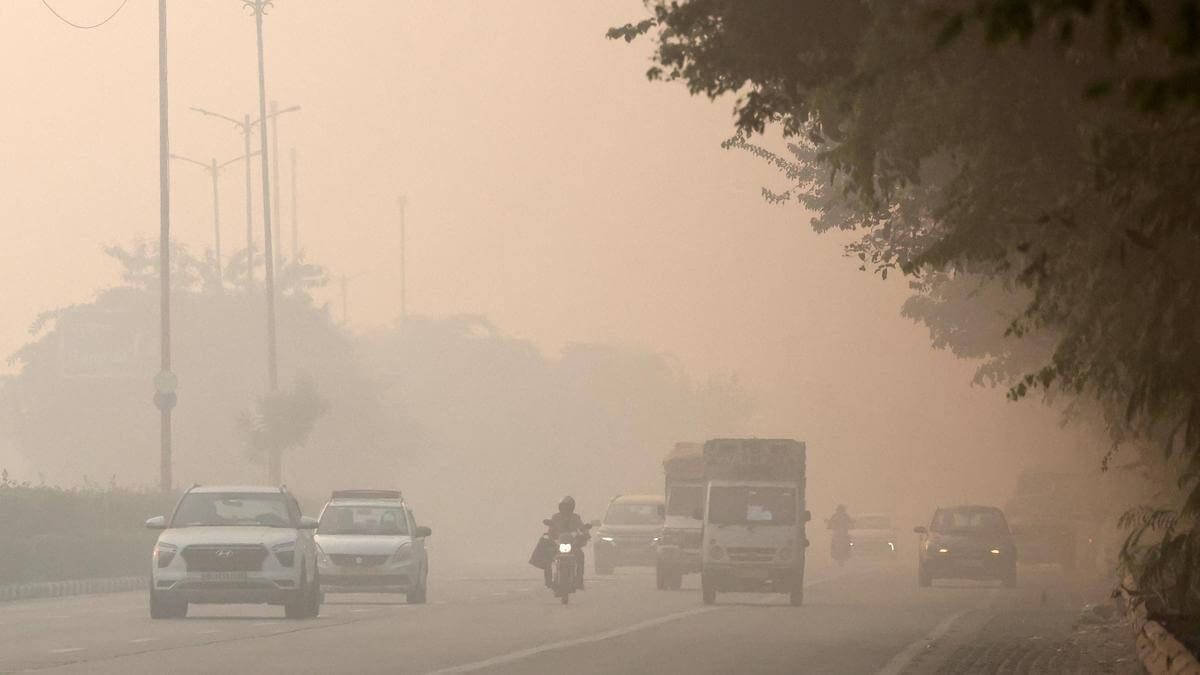



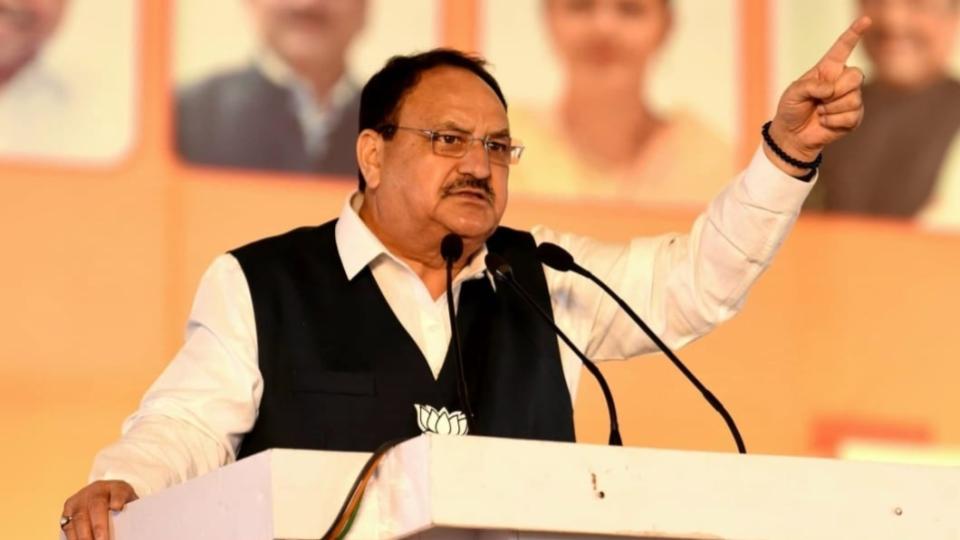




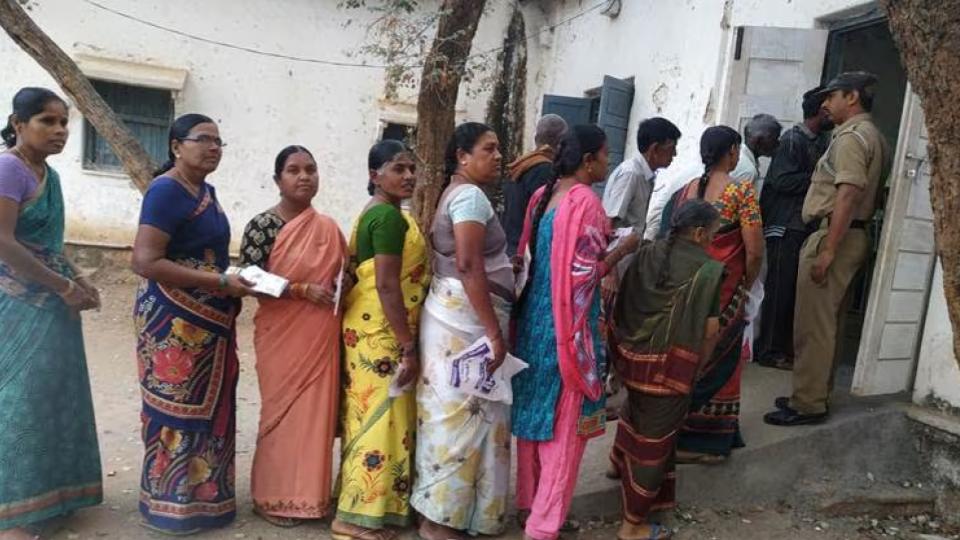
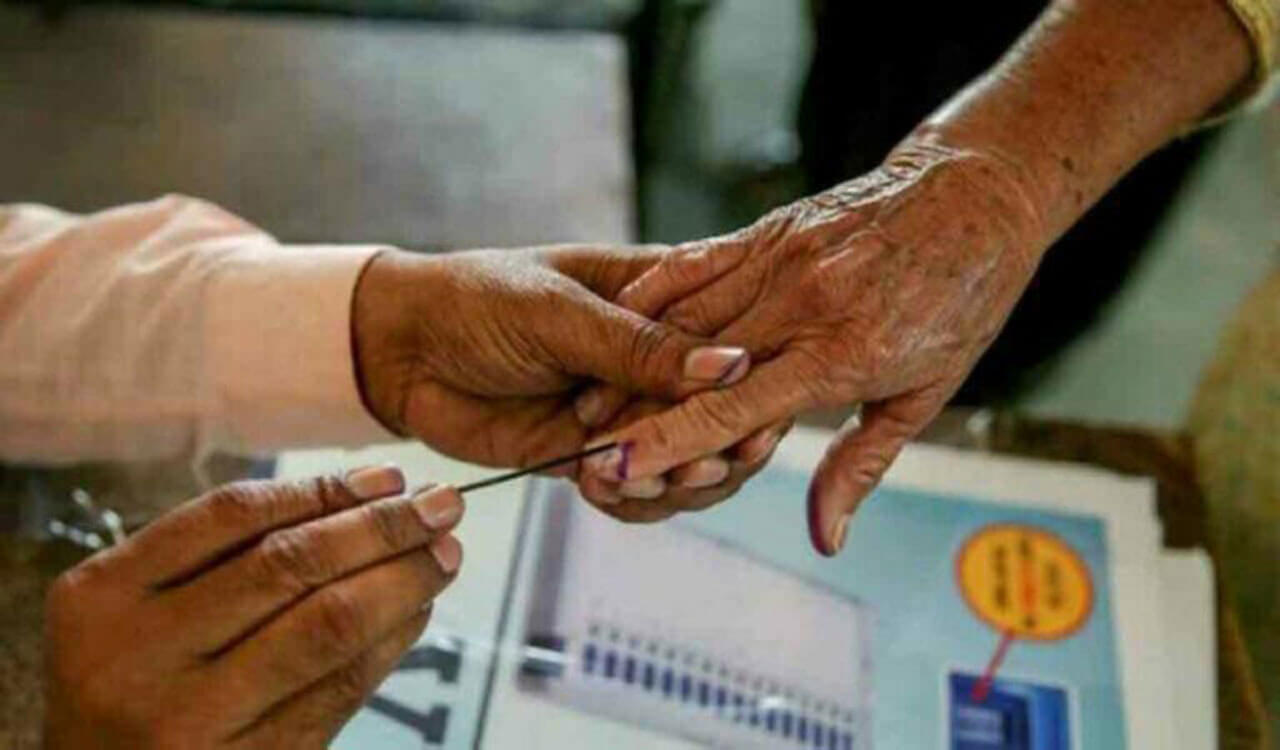


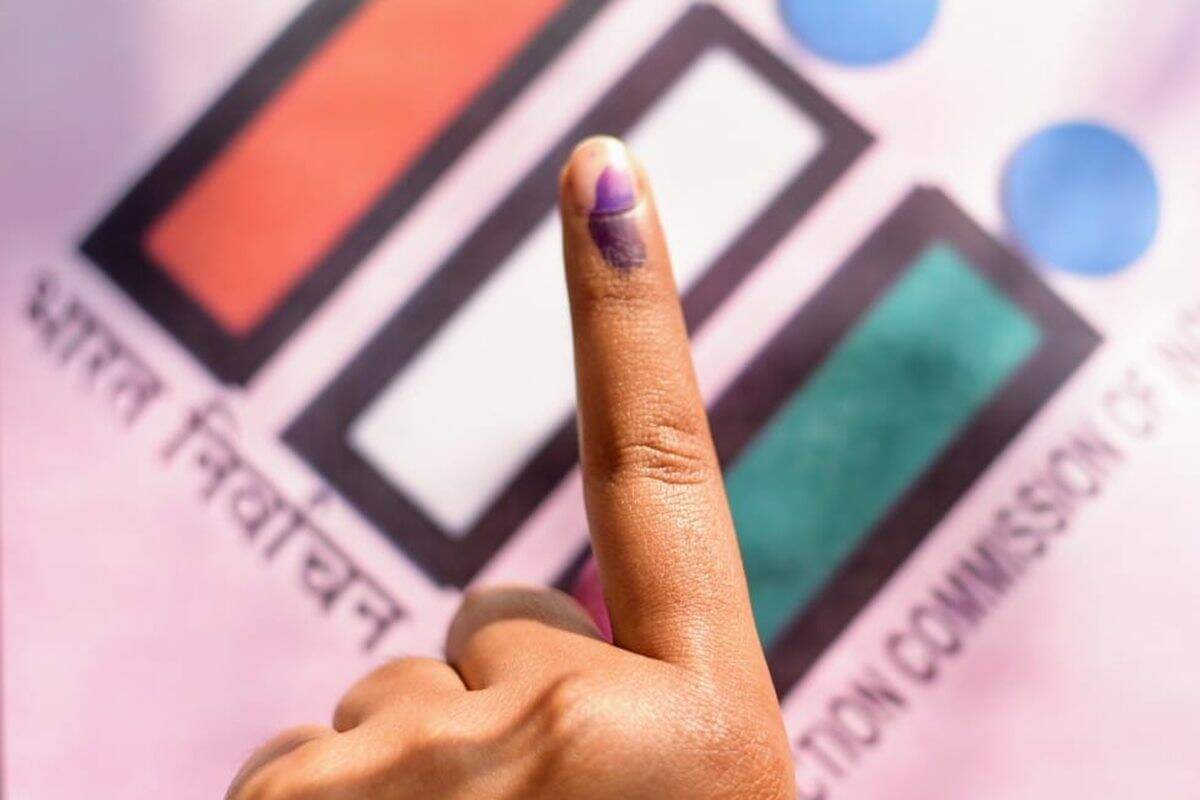
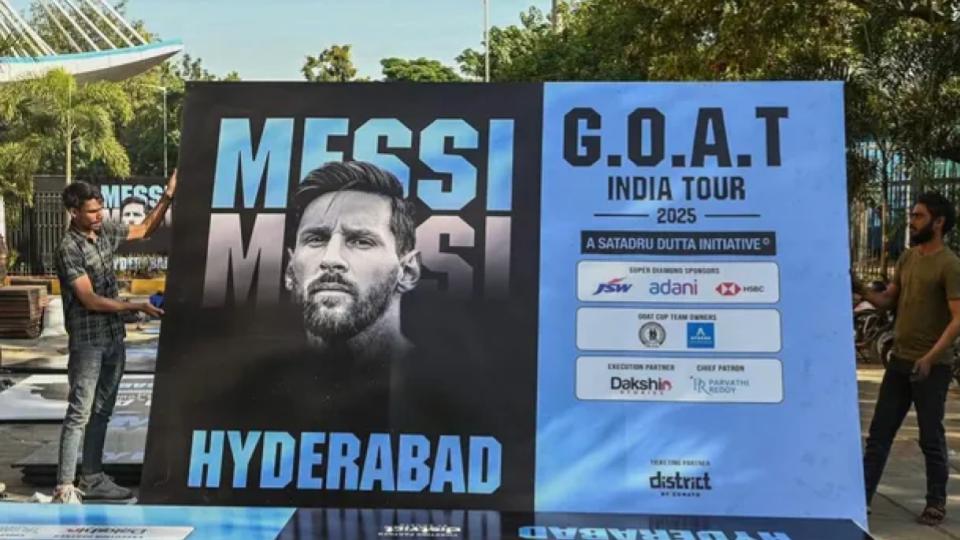
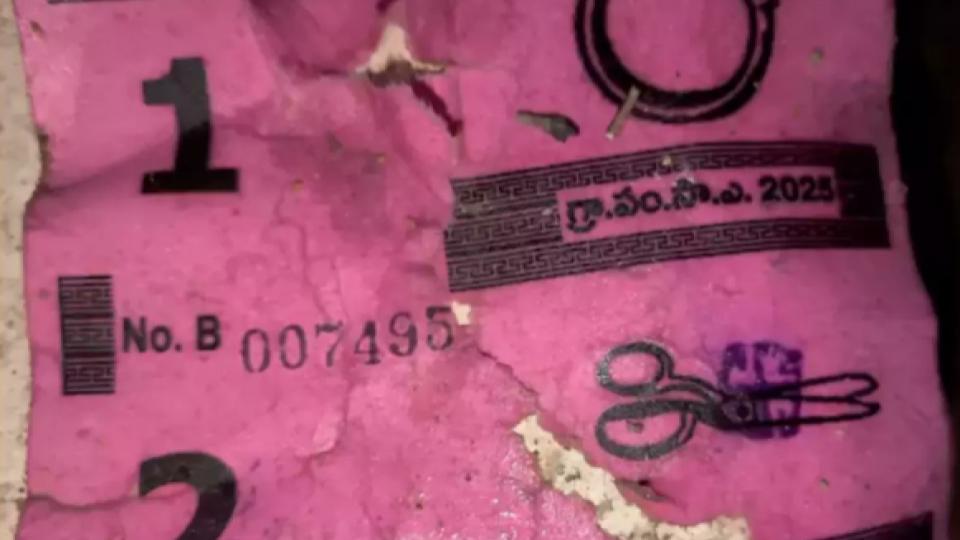

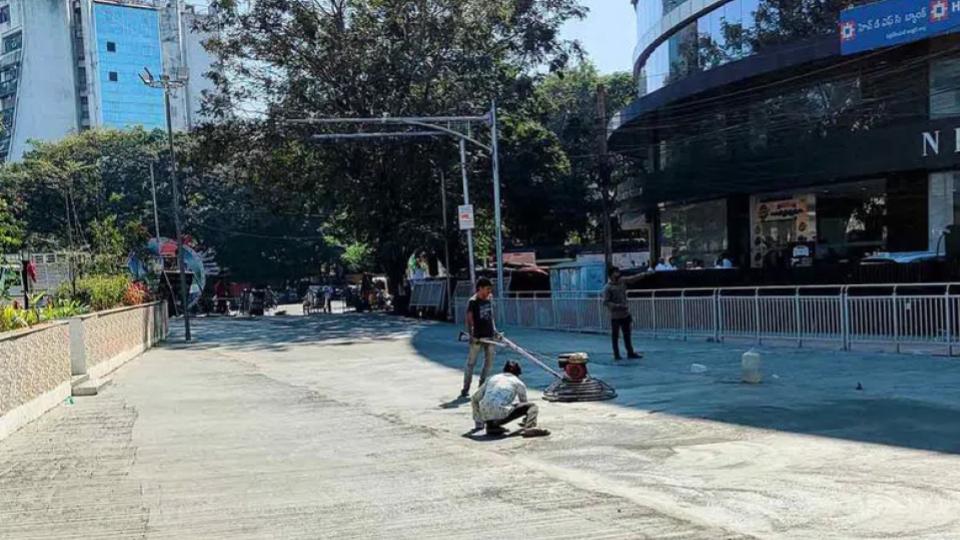











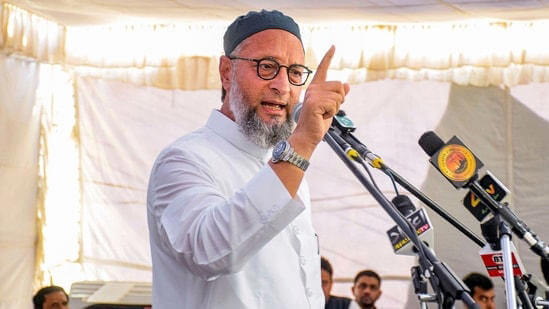
.jpg)
.jpg)
.jpg)


